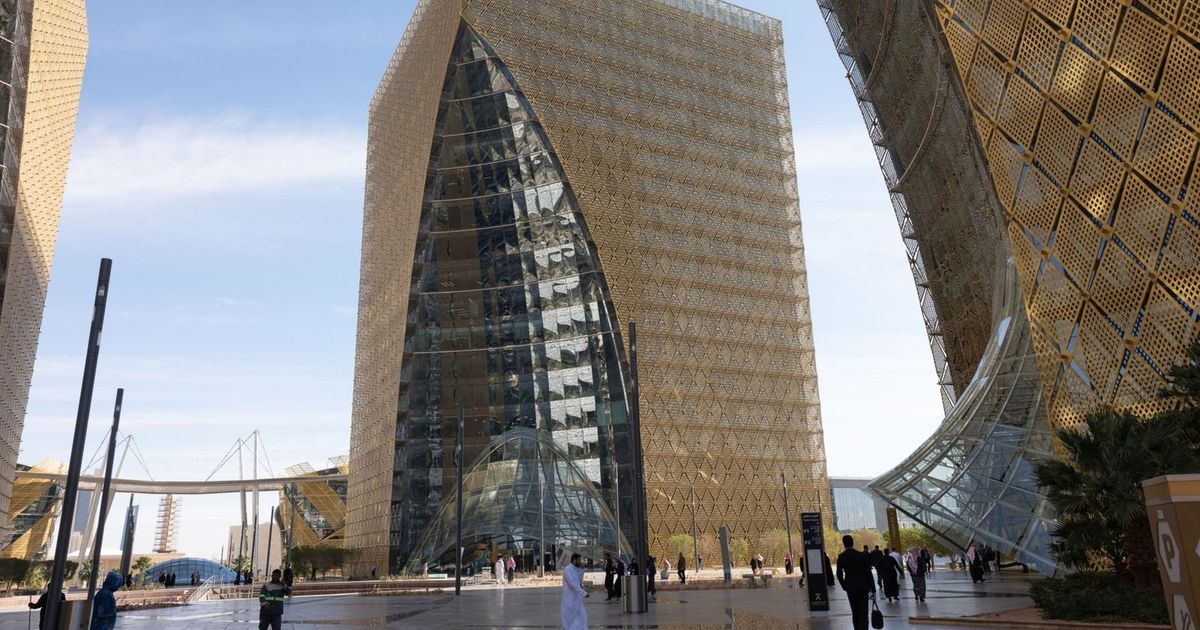Saudi Arabia is preparing to take a dramatic step to support the stock market by allowing foreign investors to own a majority in local businesses, in a radical transformation of the regulatory policy that has been in effect for years. Abdulaziz Abdul Mohsen bin Hassan, a member of the Council of Directors of the Capital Market Authority, revealed that the government is near the approval of a major amendment that increases the roof of foreigners in the listed companies, which currently amounts to 49%. He recently added in an interview with “Bloomberg”: “I think we are almost ready,” and expect the decision to enter the implementation “before the end of the year.” Awaiting the flow of funds, it is an organizational precedent that can be more than 50% of the shares of listed companies, and paves the way for the proportionality of the relative weight of Saudi shares within the MSCI indicators, which can attract large flow of capital, whether from active or inactive funds. MSCI reduces the weights of companies that impose foreign ownership restrictions on the calculation of their indicators. The Saudi Market opens the appetite of foreigners with cheap stocks and wide reforms. Bin Hassan indicated that the decision was still awaiting the approval of the relevant government agencies, but he emphasized that the authorities are ready to move forward, without specifying the final roof of the ownership that will be allowed for foreigners. The market value of the businesses listed on the Saudi Stock Exchange is about $ 2.3 trillion, representing about 3.3% of the MScI index for emerging markets. Fadi Erbid, the founding partner and CEO of investment in the company “Money Capital Partners”, believes that “any decision to reduce means that the weight in the” MSCI “indicators (MSCI) will suddenly rise, and more capital will flow to the market.” This step comes at a time when Saudi Arabia is trying to stimulate the stock market, which has seen a remarkable decline this year, due to geopolitical pressure, the stability of oil prices and the slowdown in public spending. The most important market index has fallen by 9.6% since the beginning of 2025, with the worst performance in the region, compared to the profits of 25% for the MSCI index for emerging markets in dollars. Saudi Arabia is on the list of monitoring the JP Morgan index for state bonds on emerging markets, and despite the poor performance, foreign investors still pump liquidity in the Saudi market, powered by the efforts of reform and attractive stocks. By attracting the ‘active’ and ‘inactive’ investments, it increases the importance of these reforms in the light of the Kingdom’s attempt to implement the ‘Vision 2030’ and the economic transformation, amid high spending levels and the decline in oil revenue, which led to a financial deficit in the budget. Arabid expects to improve the amendment of foreign ownership “rapidly” of investments in inactive funds, and active investors can encourage them to re -evaluate the extent of their exposure to the Saudi market. The Saudi financial market relying on technology to attract investors and among the Saudi businesses that currently record the highest foreign royal rates: the ‘Cooperative Insurance Company’, the technology company ‘Rasan’, and the communications operator ‘Etisalat’, where the property ranges between more than 20% and less than 25%.
Saudi Arabia is on its way to provide majority shares in the companies listed for foreigners
